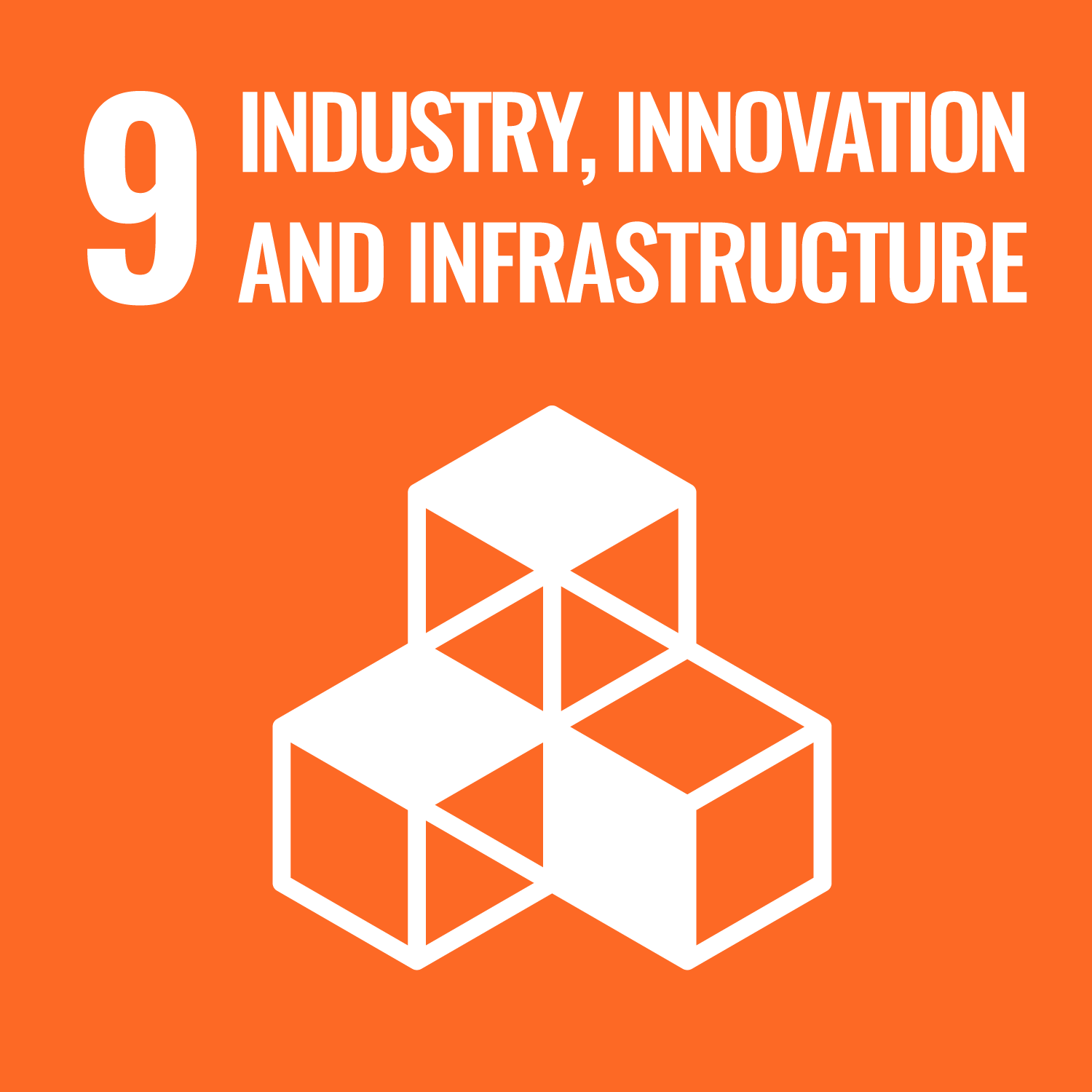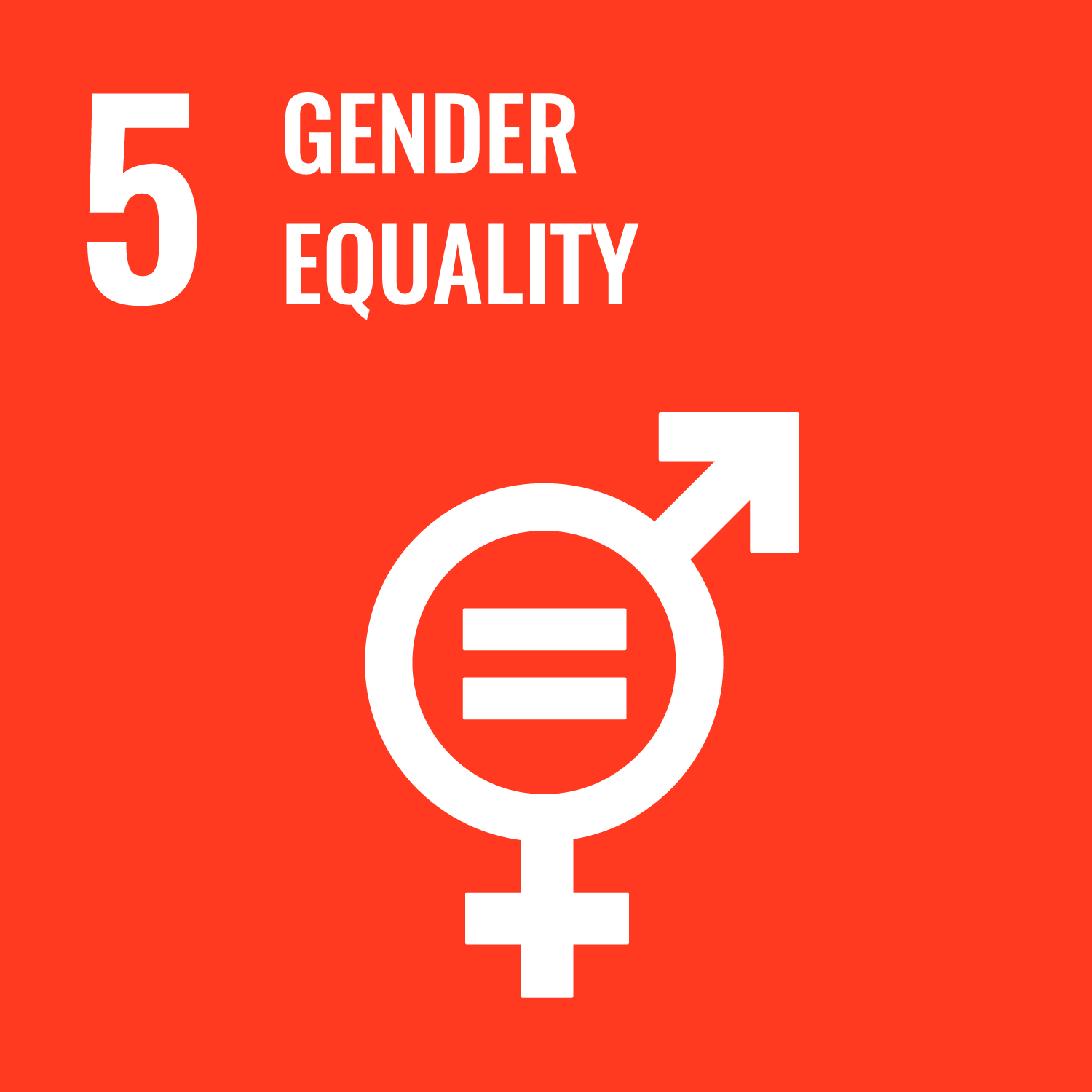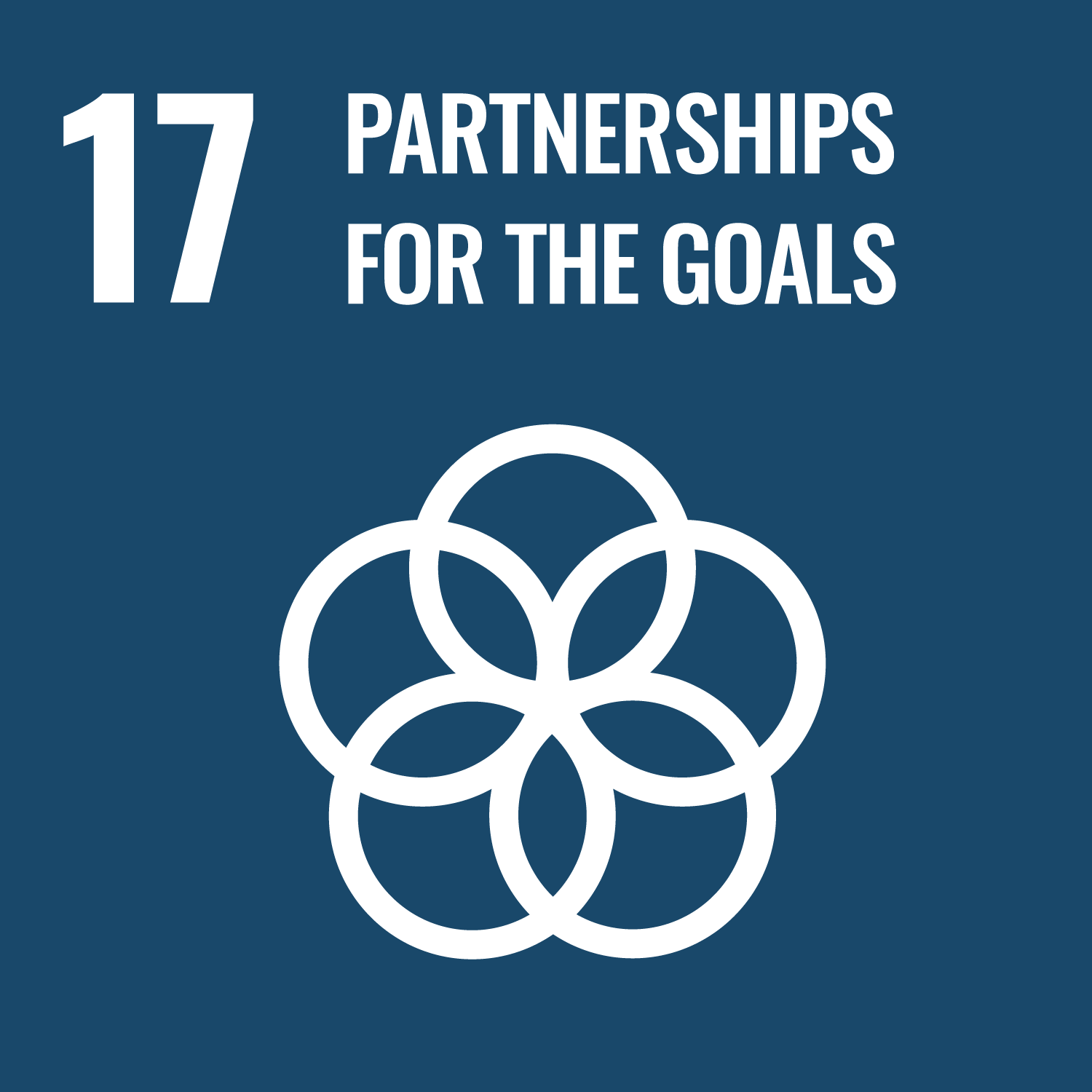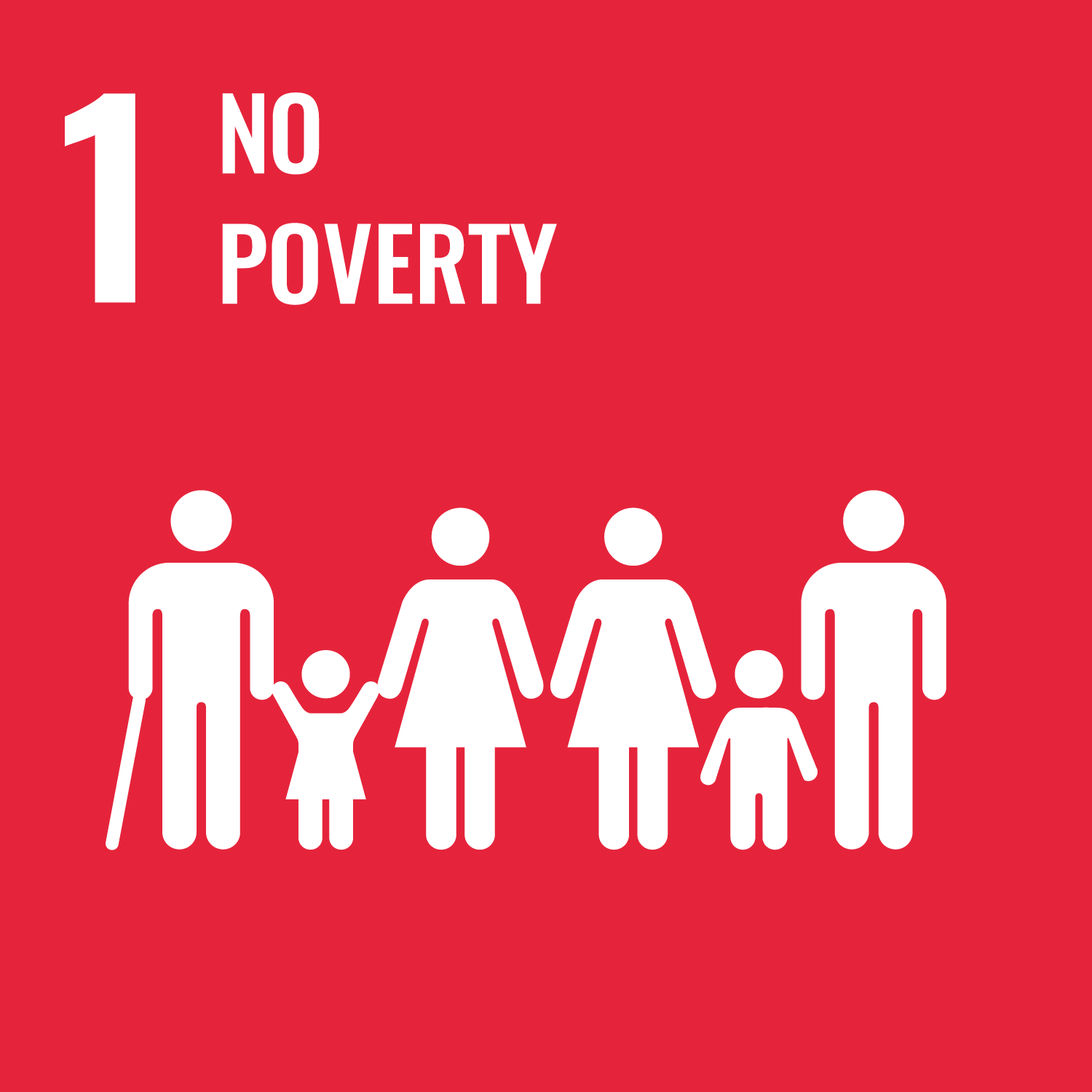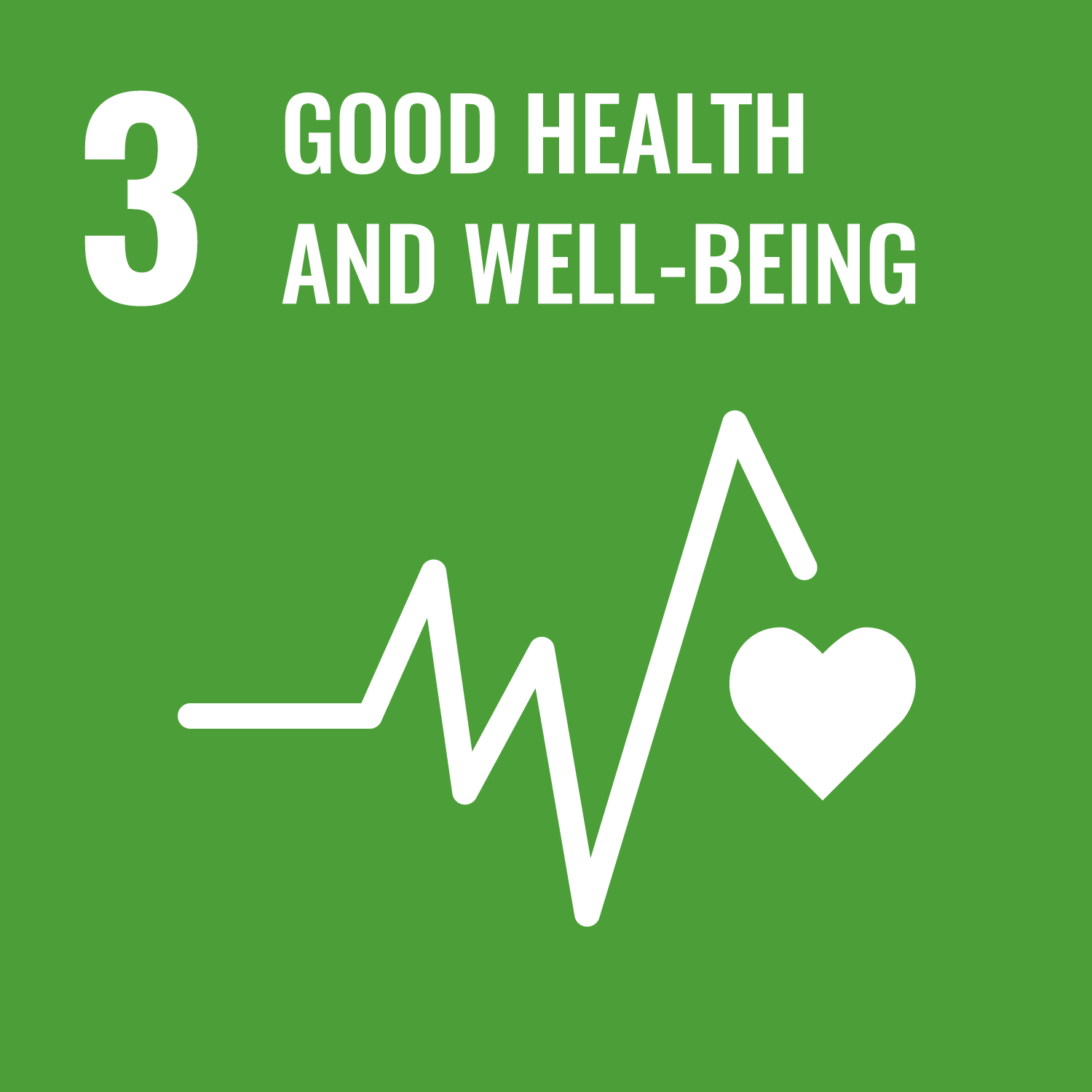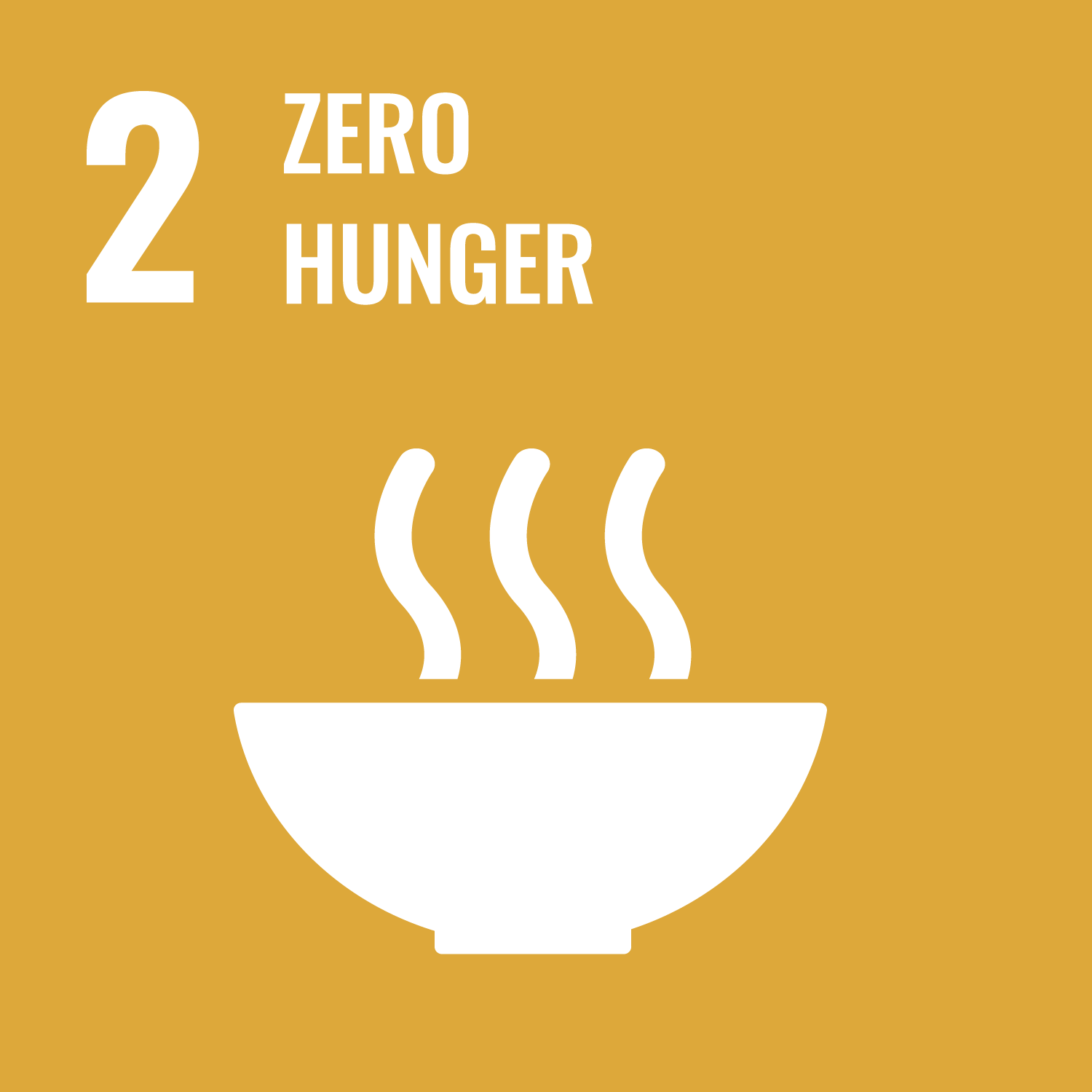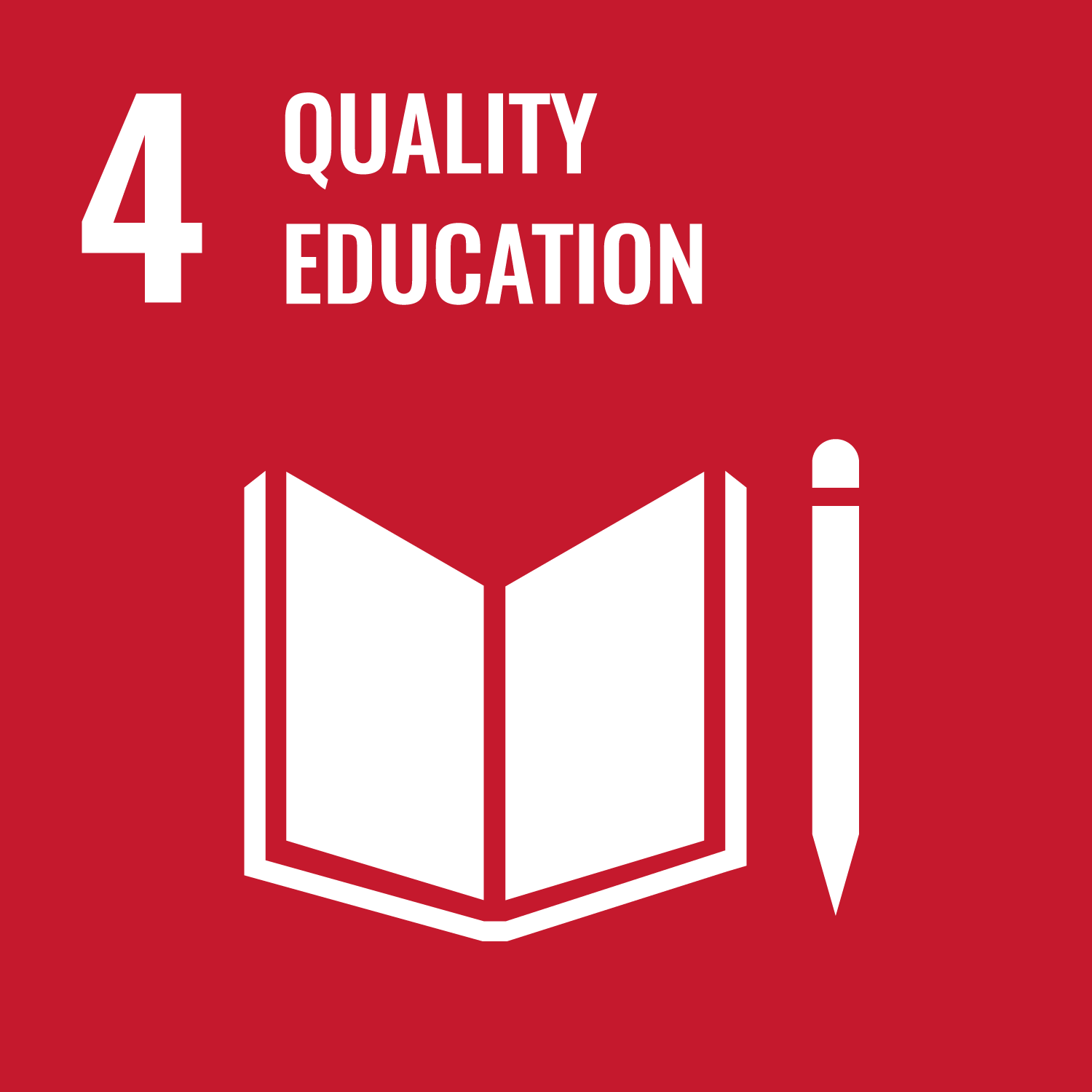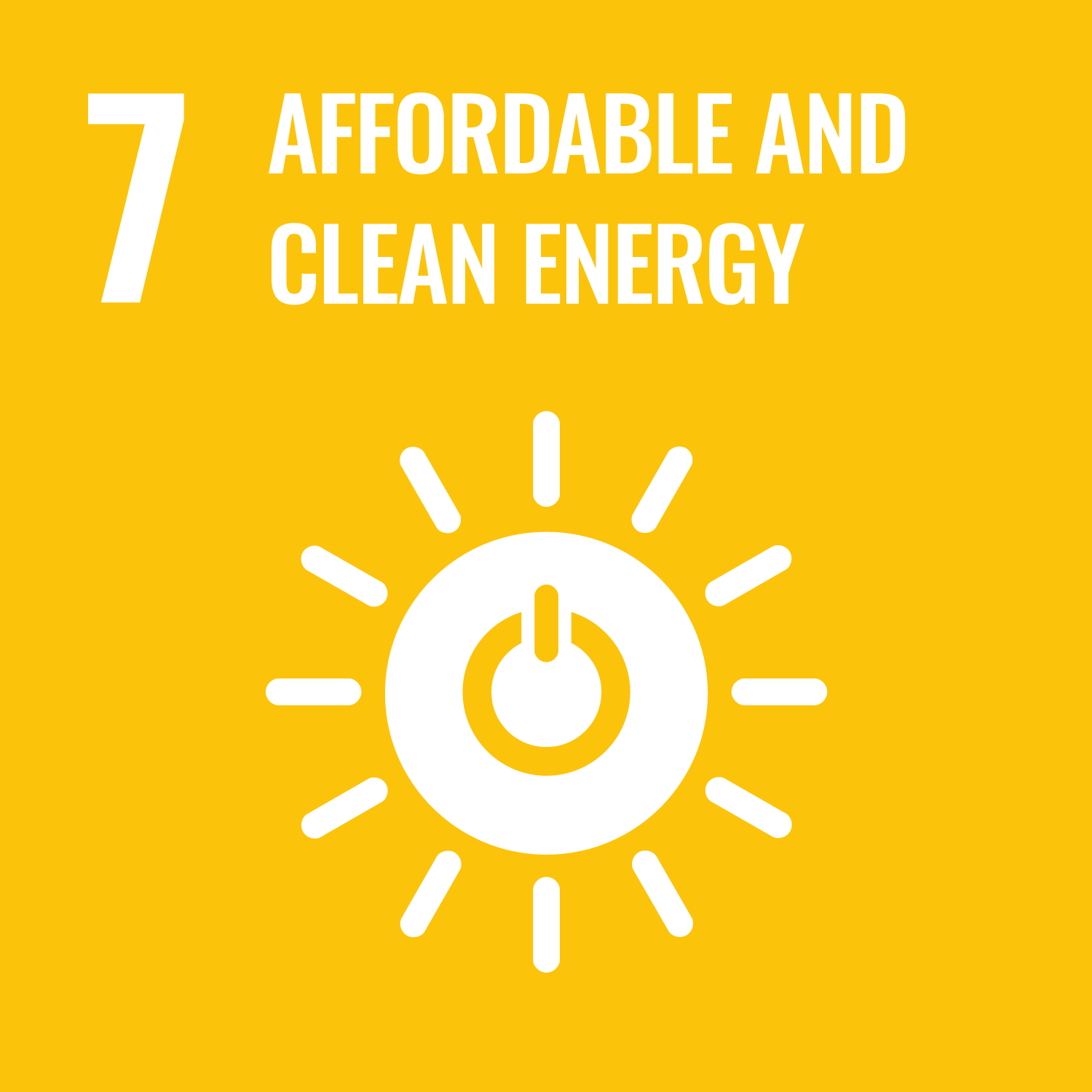 Organisation verified by Tadamon
Organisation verified by Tadamon
North East Children's Trust
- CSO Profile
- Campaigns
- Projects
- Events
A private trust that caters for the educational and psycho-social needs of vulnerable children displaced by the insurgency in north-east Nigeria.
Overview
Organisation type
Nonprofit organisation
Country of Registration
Annual Budget
25 000 - 100 000 USD
Scope
Regional
Field of Activities
Organisation Laguage
English
Contact
The North East Children’s Trust (NECT) is a private sector led social engineering initiative incorporated in 2017 with a mission to create innovative, transformational sustainable learning ecosystems that will nurture, renew and empower vulnerable children between ages 5 and 18 years that have been orphaned by the insurgency in North East Nigeria.
Since 2012, the Boko Haram insurgency has enveloped north east Nigeria to varying degrees. At the height of the crises, about 80% of 1.8 million internally displaced persons were from Borno state, followed by Adamawa and Yobe states with 8% and 6% respectively. Children aged 18 years and below comprised over 50% of the IDP population.
About 50,000 children are estimated to be orphaned by the insurgency without access to good education, quality health care, food and basic shelter. Without assistance, these children will not have a normal childhood nor experience the joys of growing in a home nurtured by a family.
Therefore, NECT aims to create ecosystems carefully designed to provide comprehensive support for the children through access to safe living spaces, quality education, good health facilities, well-rounded psychosocial support and relevant socio-economic life skills.
Currently, the Centre has a total of 346 Pupils at primary school level, 270 students in secondary schools, 5 at tertiary institution and 29 that have undergone Vocational studies.
The Centre provides an integrated form of learning (Western and Islamic/Christian).
MISSION
NECT seeks to establish learning centers within local communities to deliver context specific and student-centered learning through purposeful partnerships that leverage the capabilities, contributions and networks of diverse stakeholders.
VISION
Our vision over the next 5 years is to scale for impact. This will entail transiting from a centralized and institutionalized service delivery model into a more sustainable community oriented service delivery model.
OBJECTIVE
To develop innovative and scalable solutions to ensure that vulnerable children build strong foundations for lifelong learning and well-being
To build learning systems that are adaptable, skill-based, and fit for the skills and competencies needed in the 21st century
